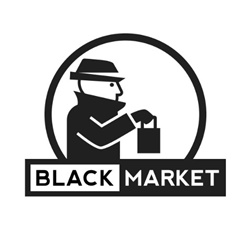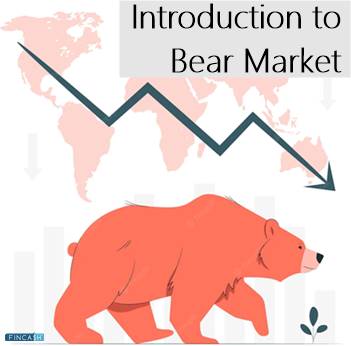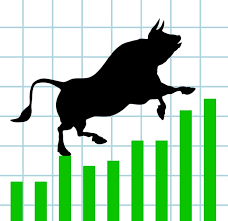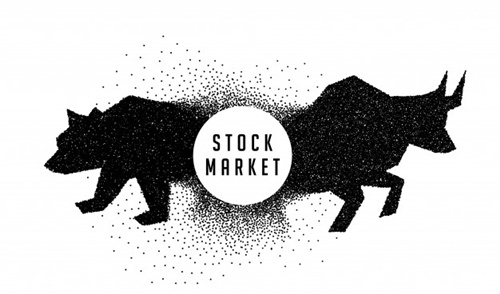
Table of Contents
What is Black Market?
A black Market is a physical or virtual transaction network where products or services are illegally exchanged, meaning their purchase and distribution are forbidden by law. They may also be legitimate but transacted in order to avoid paying Taxes. Since the transaction is not registered and no taxes are paid on the sales, the Economy can suffer as a result of black markets. Shadow markets and underground markets are other terms for black markets.

The smuggling of illicit drugs, guns, human trafficking, and the illegal wildlife trade are all examples of black markets. One of the defining characteristics of Black Market activity is that it was traditionally done in cash. This was intended to prevent leaving some kind of paper trail. Many black market purchases are still conducted online, such as on the Dark Web, and are often performed using digital currency, thanks to the internet's growth.
Black markets may have certain advantages, such as providing jobs for those who would not normally be able to find work in conventional industries and providing access to medicine and healthcare to those who would not otherwise provide it. The risk of fraud, the threat of crime, and being saddled with counterfeit drugs or adulterated medicines, which is particularly problematic in the case of medications, are only some of the disadvantages of the black market.
Types of Black Market
Human trafficking is a large dark market. Citizens are coerced into forced labour, prostitution, child armies, and the market for human organs as a result of human trafficking. Other types of the black market include illegal goods and services like illegal drugs, gambling, wildlife trade, fishing, logging and mining.
Talk to our investment specialist
Causes of Black Market
Laws and Regulations
People will often hide their actions from law enforcement agents, tax officials, and other regulators if laws prohibit them from purchasing and selling the products and services they want. Also, taxes prevent them from keeping what they believe is their fair share of earned profits. That’s how the black market exists.
War
During times of war, black markets thrive in almost every country. Rationing is often used by states engaging in total war or other large-scale, long-term wars to limit home use of vital materials required for the war effort, such as fuel, oil, rubber, metal, and so on, which eventually leads citizens to deal in the black market to meet existential needs.
All efforts have been made to ensure the information provided here is accurate. However, no guarantees are made regarding correctness of data. Please verify with scheme information document before making any investment.












